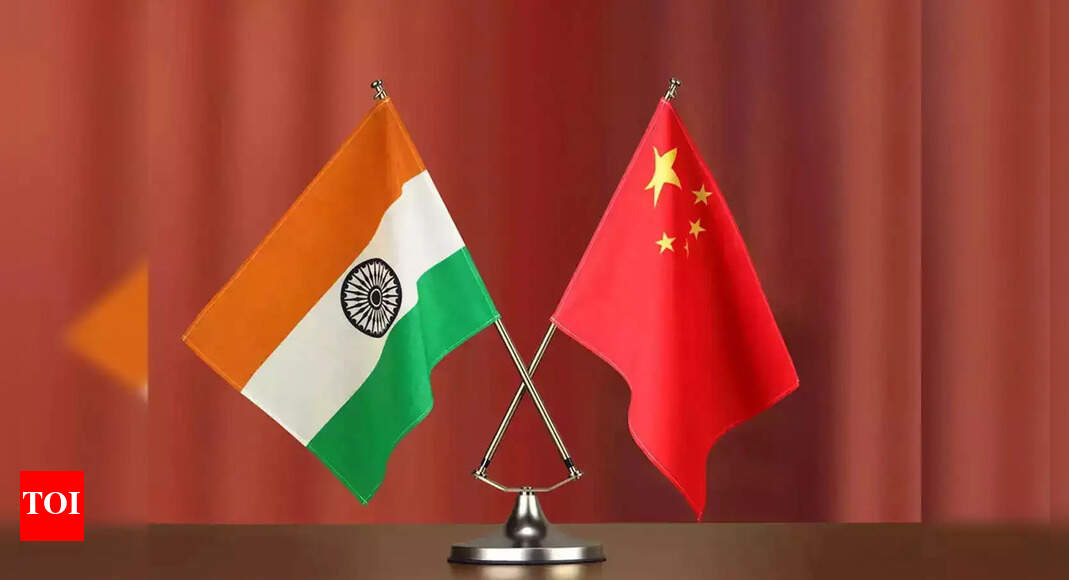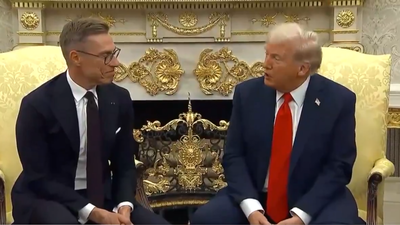
The Indian government is signalling a warmer reception for Chinese investment in electronics manufacturing, provided companies commit to technology transfer and local workforce training, officials said.This could improve the chances of Chinese joint ventures clearing the stricter scrutiny currently applied to investments from neighbouring countries, a ministry of electronics and IT (MeitY) official said.“The ECMS aims to establish a robust manufacturing base for key components in India, which can’t realistically happen if interested foreign players only commit to set up a plant and assembly in India,” the official told ET. “Tech transfer is key to building a knowledge base for complex components. This is in line with what other primarily manufacturing nations have already done.”The government is also making the process of tech transfer smoother through incentives. For example, expenditure on tech transfer can be counted towards cumulative incremental investment to meet the ECMS threshold criteria.Multiple Chinese firms are interested in opening facilities in India through joint ventures under ECMS, and their applications are being studied by MeitY, sources said.Under current foreign direct investment rules, Chinese entities can hold up to 49% in a local JV, and they also need security clearance from the home ministry.Back in July, Dixon Technologies received approval from MeitY to form a JV with Chinese company Longcheer Intelligence. Dixon will hold 74% of the new venture, Dixtel Infocomm, while Longcheer will hold 26%. The JV will manufacture and supply products such as smartphones, tablets, IoT devices, and smart hardware.China is the leading supplier across most component groups including displays, batteries, PCBs, and cameras, with over 50% of the global market. Niti Aayog had earlier noted that initial efforts by Indian electronics manufacturing services firms to integrate backward were mostly limited to mobile phone components.Focus on local skillingOfficials also highlighted that China has the world’s largest trained workforce.“Indian companies often have to spend substantially to provide additional training to workers since there is a dearth of technical training institutes that can keep pace with the change in technology. This is more true for electronics,” an official said.“There has to be clear indication from entities that skilling of local talent will be enabled at all levels,” ET quoted.Indian companies currently send employees to Taiwan, Korea, and Japan for practical training. Low skill levels are a key factor reducing productivity in India’s manufacturing sector, according to Niti Aayog. Delays in obtaining visas for foreign trainers and technology transfer experts must also be addressed, the official said.The Centre received 249 ECMS applications proposing investments of over Rs 1,15,351 crore, nearly double the scheme’s target of Rs 59,350 crore, MeitY announced last week. With an approved outlay of Rs 22,919 crore, the scheme is expected to produce electronics components worth about Rs 10,34,700 crore over the next six years, more than twice the original target of Rs 4,56,000 crore.







